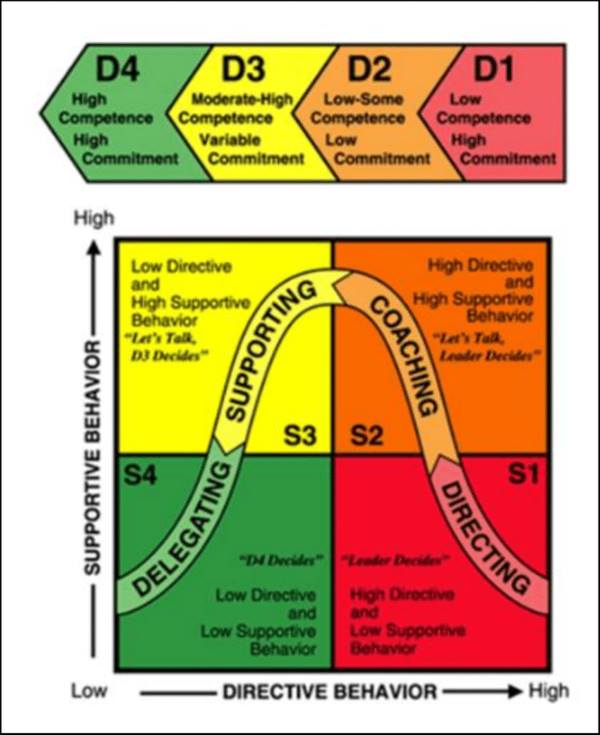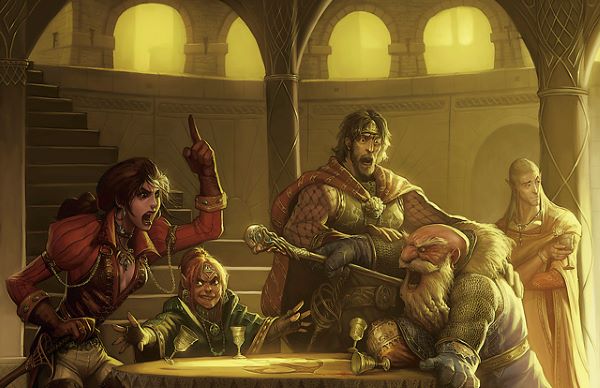In previous posts, we’ve explored how being a Dungeon Master (DM) in Dungeons & Dragons (D&D) offers a unique opportunity to develop leadership skills. However, stepping into the role of a player can be just as valuable in learning and practicing leadership. While you may not be the one guiding the story or setting the stage for encounters, the choices you make as a player can be purposeful in enhancing your leadership abilities. Here are three tips for leveraging your D&D player experience to develop leadership skills.
Using Your Persona to Explore Different Leadership Models
Playing a character in D&D offers the perfect opportunity to experiment with different leadership styles. Including those you might not naturally gravitate toward. A player’s character can be purposefully designed or role-played to embody various leadership models, such as:
- Situational Leadership: Depending on the needs of the moment, does your character adopt a directive, coaching, or supportive style? Perhaps in battle, they take charge with authority, but when solving puzzles or negotiating with NPCs, they lead through collaboration and encouragement.
- Transformational Leadership: Maybe your character focuses on inspiring and motivating others by developing a vision or goal that everyone can rally behind. These could include completing a shared quest or fighting injustice.
D&D lets you experiment with these styles and reflect on how different approaches can inspire or challenge your party. Being purposeful with different styles let’s you work out your own way of leading. Use each session to practice a leadership model that you can later apply in real-world settings.

Creating Cohesion Within the Team
A strong D&D group relies on collaboration and trust, much like an effective team in the workplace. As a player, you can take a leadership role by focusing on team cohesion. Instead of leading from the front you take the initiative in getting the players to bond as a group. Here are a few ways to foster unity:
- Encouraging Participation: Ensure that everyone at the table has a chance to contribute. Sometimes quieter players may hesitate to speak up. As a player, you can encourage them by drawing them into the conversation or seeking their advice in-game.
- Resolving Conflicts: When disagreements arise within the party (or even between players), step up as a mediator. This not only keeps the game moving forward but also helps you hone your conflict resolution skills, a crucial aspect of leadership.
- Celebrating Successes: Recognition is an often overlooked aspect of leadership. Whether it’s a particularly clever move in battle or the solving of a tough puzzle, take the time to acknowledge the contributions of others. This builds morale and reinforces the idea that everyone plays a vital role.
Developing Emotional Intelligence
Being a leader isn’t just about decision-making; it’s also about understanding and managing interpersonal dynamics. D&D, as an inherently social game, offers ample opportunities to develop emotional intelligence, a core trait of effective leaders. Paying attention to how your actions, both in-game and at the table, affects others helps hone this skill.
- Practice Empathy: Whether in character or during role-play, try to understand your fellow players’ motivations and emotions. This can help you build stronger relationships within your group, as well as improve your ability to lead with empathy in the workplace.
- Adaptability: In both leadership and D&D, things don’t always go as planned. Use your playtime to practice staying calm under pressure, adjusting your strategies when necessary, and being flexible when new ideas are presented.
Final Thoughts
When I play D&D as a player I find great satisfaction in practicing and understanding different leadership principles during the session. I wrote about a great example of a player led mutiny here. I love it when the group are put under pressure and have to try an win against insurmountable odds. Post-game I often think about how we dealt with the stress as a team, what worked, and of course, what didn’t.
Playing Dungeons & Dragons as a player offers an incredible platform to explore and refine leadership skills in a low-stakes, highly creative environment. Using your character to explore different facets let’s you translate these in game lessons to real-world leadership scenarios. Next time you sit down for a session, think about how you can be purposefulto develop leadership—not just for your character’s growth, but for your own.

